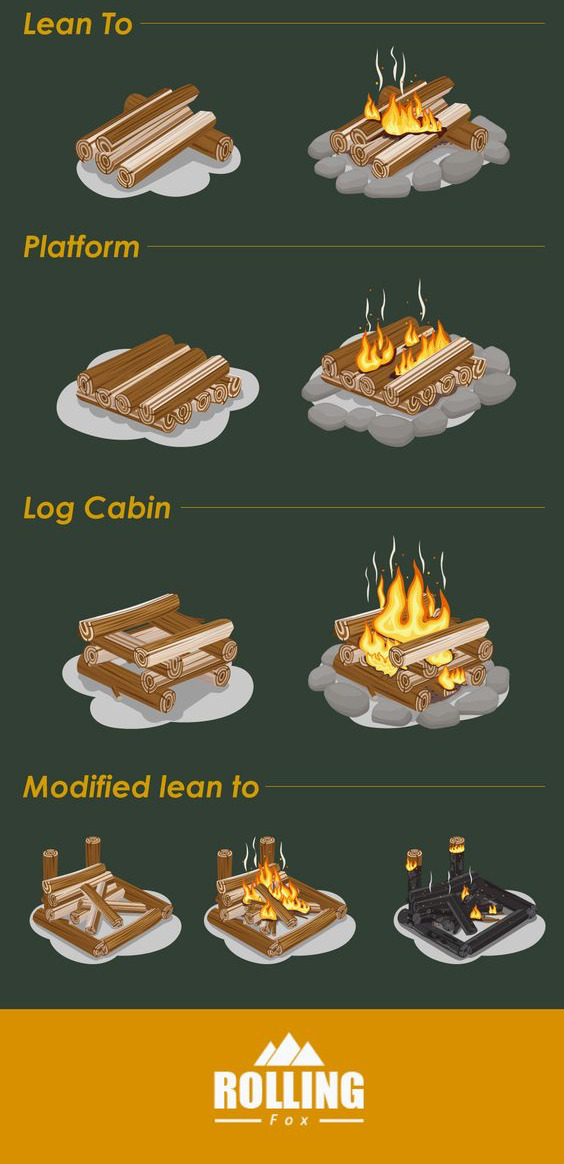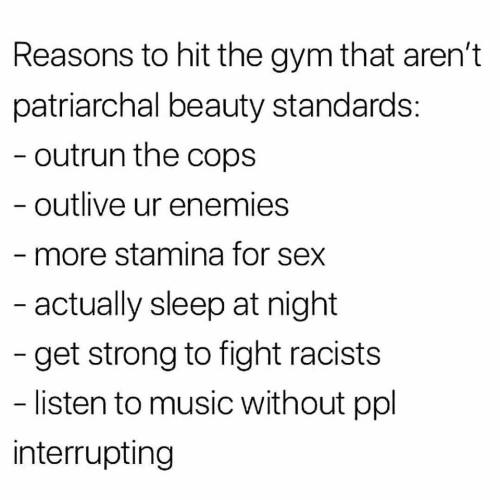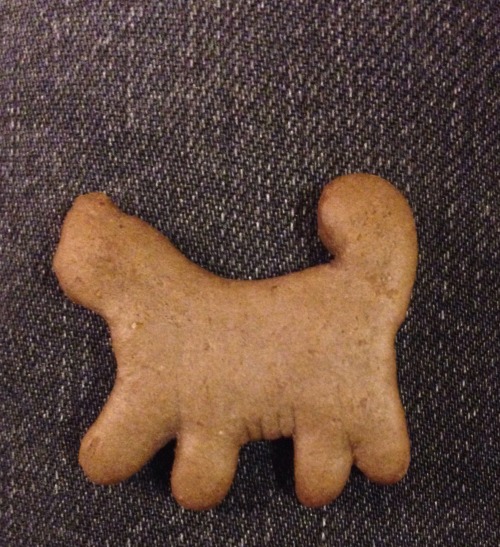
✨Im slowly losing my grip on reality and my will to live✨/ A strong weeb/ *insert something hardcore or edgy
137 posts
Latest Posts by depressed-4-life - Page 2






What a WONDERFUL start to 2021...A Mysterious Blue UFO Was Spotted Over Hawaii — and the Whole Thing Was Caught on Camera
We already have UFOs
https://www.google.com/amp/s/www.travelandleisure.com/travel-news/hawaii-blue-ufo-sighting%3famp=true

11.3) The から Particle [Part 1]
Well hello everyone! Here we are in 2021. I want to say Happy New Year to everyone reading this. I really hope we can make this year better than 2020 so I’m sending out positive vibes far and wide.
Now on to the star of the show, the Japanese! In my last 2 posts I talked about the を particle and 3 ways that it is commonly used. In this post let’s talk about the particle から and the main way it is used in Japanese sentences. First, here is the vocabulary that will help you with this post.

【Starting Points】
から is mainly used to mark starting points. Think of “from” in English. When used this way, many times it appears with either a destination or in the general direction of a destination. Usually this destination is marked with the particle まで.
{日本から}{カナダまで} (from Japan to Canada)
{家から}{仕事まで}(from home to work)
{駅から}{学校まで }(from the station to school)
Note that in the 3 expressions above, から and まで are attached to physical locations. However these particles can also attach to expressions of time and order as well. In these cases, まで can mean “to” or “until”
{月曜日から}{来週まで} (from Monday to/until next week)
{夜から}{朝まで}(from night to/until morning)
{1ページ目から}{3ページ目まで} (from page 1 to page 3)
Of course, just because you use から doesn’t mean you have to use まで and vice versa. Used alone, they still mark starting and ending points respectively.
冬休みは{あさってから}です。
(As for winter break, it is from the day after tomorrow.)
{昼まで}寝る予定だ。(I plan to sleep until the afternoon.)
{1番から}前の方へどうぞ
(Starting from the first (person), please come towards the front.
【から or を?】
In my last post I talked a little bit about this, but I’d like to revisit から and を. Most times, they are interchangeable. If you were to switch the two particles there’d be no change in meaning and no one would think that what you said was strange. However, there are three situations where you have to use one particle or the other. I will try to explain those situations here.
1) If the departure is in a literal sense, either particle can be used. On the other hand, if the subject is leaving / departing in a figurative sense, you should use を.

2) If you include a general destination (marked by まで、に or へ), you should use から.

My impression is that when the listener hears “部屋から出た”, there is an implication that Tom went somewhere. You may have left out that information, but it is fundamentally there. Think of going from A to / towards B. When they hear “部屋を出た” the focus is only on leaving the room. Think of just leaving A.
3) If the leaving / departure isn’t volitional, you should use から.

Notice that in example G) the subject is inanimate so we use the particle が. Also there is no volition. That is, the smoke doesn’t have a “desire” to leave the room. This is why から should be used instead of を. Whether or not something has volition / desire also shows up in other ways in Japanese (for example when you use ある vs いる). More on this in a later post.
【Conclusion】
When it comes to the から particle, the main thing to remember is that it marks the starting point for movement. If there is a destination, it will be marked by the まで particle many times, other times it may be marked by に or へ. The distinction between から and を is not so important, but it is something that you can think about as your Japanese level increases. Many times even native Japanese speakers may have different opinions about what sound right! I just say keep your ears open and focus on communication!
As always, thanks for reading and see you back here as the Japanese adventure continues in 2021!
Rice & Peace,
– AL (アル)
👋🏾
BRUH forest signpost...im D O N E
Meaning of your birthday in Japanese
1日:欠片(かけら): Fragment 2日:天使(てんし):Angel 3日:涙(なみだ):Tears 4日:証(あかし): Evidence 5日:夢(ゆめ):Dream 6日:心(こころ):Heart 7日:しずく: Drops 8日:ようせい:Fairy 9日:音楽(おんがく):Music 10日:光(ひかり):Light 11日:鮫(さめ):Shark 12日:けっしょう:Crystal 13日:ささやき:Whisper 14日:おつげ: Prediction 15日:おぼじない: Spell 16日:偽り(いつわり):Lie 17日:祈り(いのり):Pray 18日:猫(ねこ):Cat 19日:みちするべ: Signpost 20日:熊(くま):Bear 21日:保護者(ほごしゃ): Guardian 26日:バナナ:Banana 27日:狼(おおかみ):Wolf 28日:翼(つばさ):Wings 29日:お土産(おみやげ): Souvenir 30日:かいとう:Thief 31日:妄想(もうそう):Delusion Month: 1月:月(つき):Moon 2月:愛(あい):Love 3月:空(そら):Sky 4月:水(みず):Water 5月:花(はな):Flower 6月:宇宙(うちゅう): Space 7月:太陽(たいよう):Sun 8月:星(ほし):Star 9月:森(もり):Forest 10月:影(かげ):Shadow 11月:天(てん):Heaven 12月:雪(ゆき):Snow
Today(and next week)’s episode
(kinda)

[Ryomen Sukuna has joined the party]
You can use/share/repost this freely but remember to credit and leave my watermark on the pic, okay? :3
April’s summary of “Texts of Hero Academia”

No long words because again did this blog escalated so hard that I have no words for it. So just take the Top 5 posts and I’ll see ou all tomorrow for the next month okay?
Keep reading
sound: [ON]
Found him



Got 'em
To beat the shut out of Karen(and her kid)

Postin here cause it blew the fuck up on twitter
Lyrics by @ajlenoire and @kiwi
Y’all want to see something wild?
It's still edible right-


an animal





















